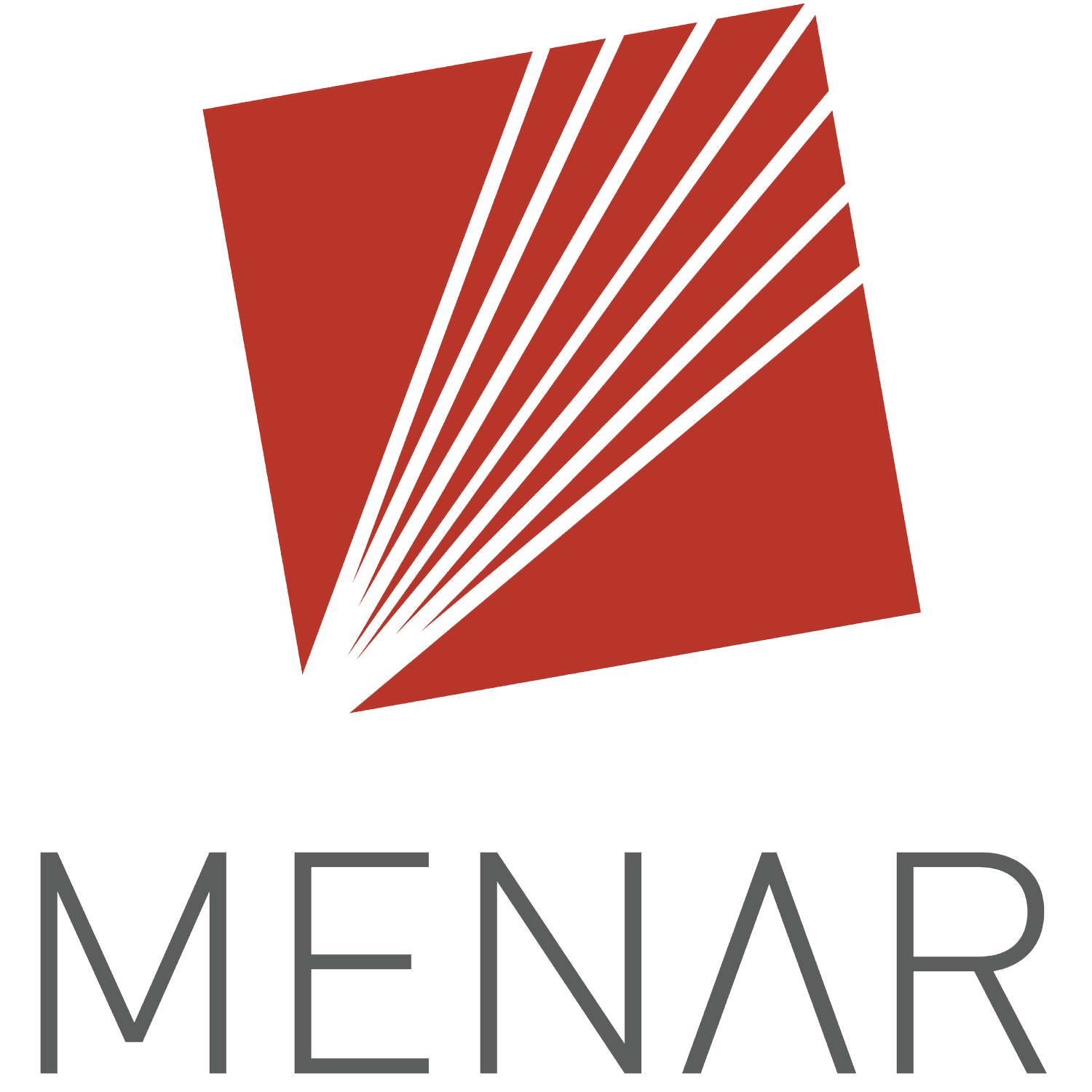We need coal miners who are committed to investing sustainably to create jobs
Mining investment company Menar has over the past 15 years developed from a single standalone 10 million tonne reserve mine to a mid-tier mining house that seeks to produce in excess of 20 million tonne by 2020.
Menar’s diversified investment portfolio includes Canyon Coal, Kangra, Zululand Anthracite Colliery (ZAC), Sibambene Coal and East Manganese.
Menar chairperson Mpumelelo Mkhabela speaking during a panel on junior mining, in Sandton, said that: “…with hard work, dedication and great humility we are able to share our success story of evolving from a junior miner to a mid-tier producer that seeks to become a major player in the South African coal sector.”
Mkhabela stressed that stagnation in the sector was not an option as “no growth, equals death.” “Our philosophy as a mining investment company is to champion growth.” Canyon Coal has grown significantly and is aiming to reach 20 million run-of-mine (ROM) production by 2020 from its current 7.5 million ROM.
Reinvesting back into the business to develop new mines and acquiring assets is an important part of growth for Menar. Mkhabela pointed out further that it is well known that many banks were reticent to fund not just junior coal miners, but coal related investments in general. “Insurers are also reticent to insure coal, while shareholder activism within banks is also a challenge. Not having balance sheet to leverage is another major challenge for other coal miners.”
Furthermore, he noted that improving access to Richards Bay Coal Terminal and export potential broadly was important for juniors. “Major players must make space for juniors. There is a quattro allocation, but majors who don’t make full use of their capacity should cede some to juniors on reasonable terms.”
He advised that juniors and majors need to work closely together in the interest of ensuring the future stability of the sector. Mkhabela highlighted further that there were workable mechanisms in place that could ensure that “everyone gets a fair share”.
He pointed out that if mines knew what the market required; they would be able to build mines that adjust their operations to meet the needs of the market.
“This why we are building comprehensive infrastructure at all our mines, such as a processing plant and sidings to match the needs of the market,” he noted, as an illustration of what adaptability meant for miners.
Additionally, on the issue of ongoing consolidation of the coal sector, Mkhabela said that this represented a good opportunity for juniors to grow. However, he cautioned that the divestment of majors from the sector should be done responsibly and not create monopolies. In addition, those who acquire operations should be able to run them sustainably. “We don’t want another Optimum Colliery situation.”
On the topic of community and environment, Mkhabela highlighted that miners needed to build social capital – trust and good reputation – with regulators and communities. “You can’t buy this capital in the market and pay back with interest; it has to be built over time, and needs to be maintained every day.”
The governance weakness of some local municipal authorities has negatively affected the ability of the mining sector to coordinate social development initiatives. “There needs to be predictability and investors who operate in good faith will support long term community development projects, that is if they have certainty and if they have the correct environment to operate within,” he remarked.
Contact information:
Menar Corporate Communication Department
Sithenjisiwe Nono Ndlovu
Tel: +27 11 783 7996
E mail: pr@menar.com

